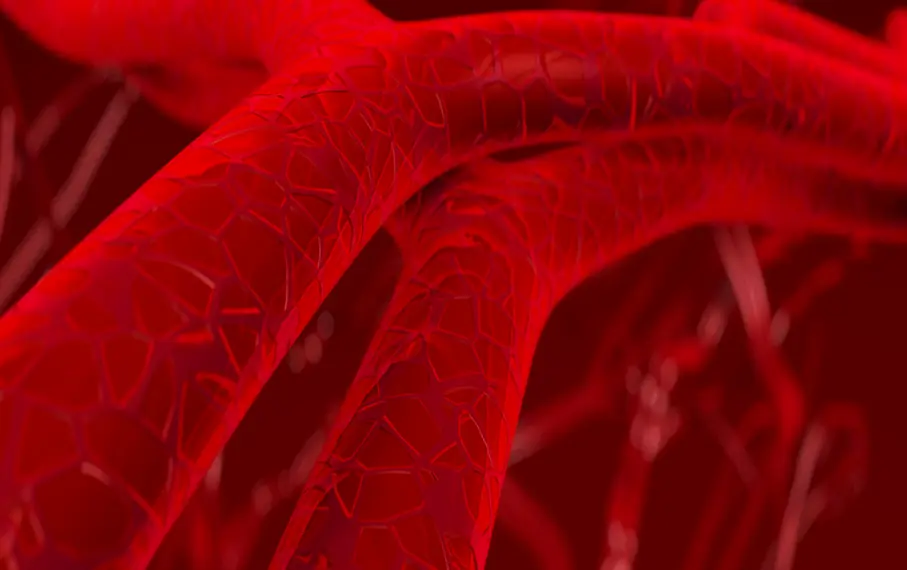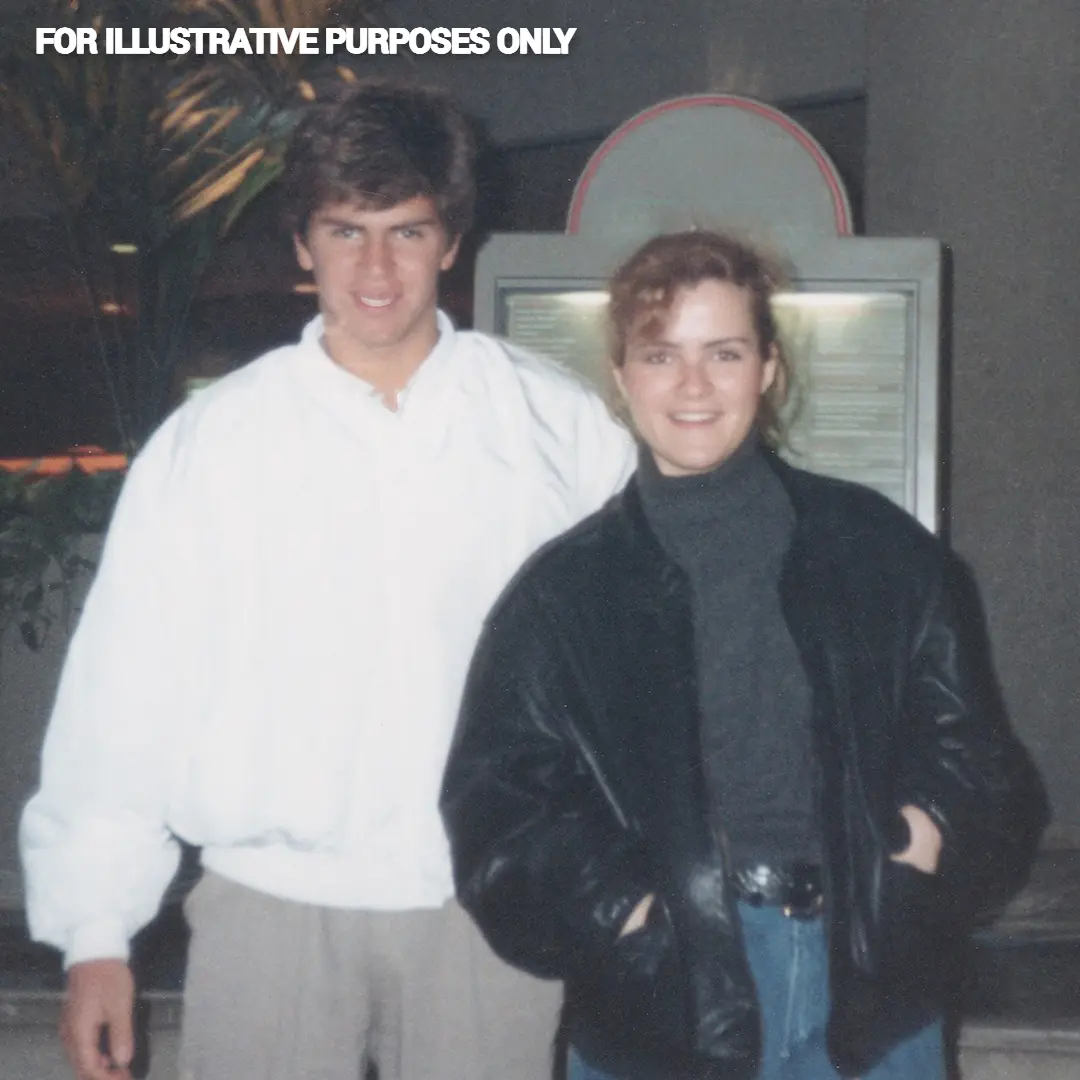
HE NAMED THE CALF “BUTTONS”—BUT ONCE THE TRUCK PULLED UP, GRANDPA WOULDN’T LOOK HIM IN THE EYE
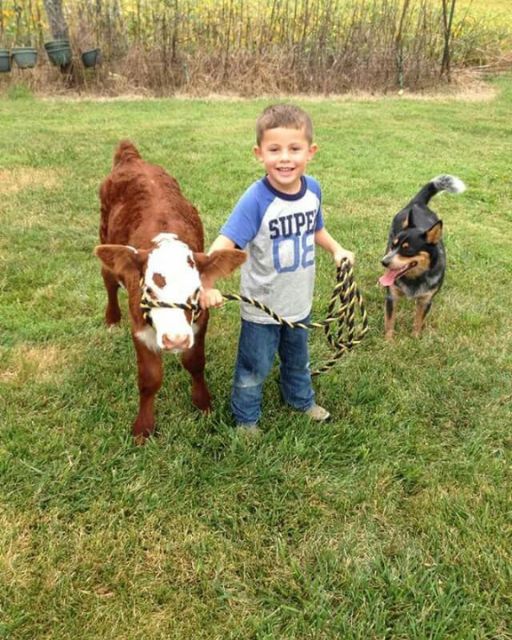
She Was Just a Calf, But to Him, She Was Everything
Maple wasn’t meant to be anything extraordinary. Just a spring-born calf—knobby-kneed, awkward, and always trying to chew on the sleeves of my flannel shirt. But my daughter Lila loved her instantly.
Every morning before school, Lila would bolt out the door in that same worn-out “Camp Trailblazer” hoodie and help bottle-feed Maple. Every afternoon, she’d leap off the school bus, books half-forgotten, just to see if the calf had learned something new. “She knows my voice now!” she exclaimed one day, her whole face lit up with joy too big for her small frame. Our old dog Pepper would trail behind them, like the three of them were on some quiet mission together.
That calf became her best friend.
And I should’ve said something sooner.
You see, Maple was never ours to keep. We didn’t own the land, and certainly not the rights to her. She was part of a local arrangement—a neighbor’s livestock deal. We were just fostering her until she was ready for auction. Lila didn’t know. She thought love was a kind of promise.
Then today, the truck showed up.
Lila was standing in the yard with Maple and Pepper, holding Maple’s rope, smiling as I snapped a photo. When the man in the heavy boots and worn gloves stepped out, her smile faltered. She turned to me. Then to her grandmother, who suddenly busied herself with the flower beds like they were the most interesting thing in the world.
“Dad,” she asked, her voice barely above a whisper, “who’s that?”
I couldn’t find the right words.
But Grandma murmured just loud enough for me to hear, “Should’ve never let her name that calf.”
That’s when Lila froze. Her fingers gripped the rope tighter as Maple nudged against her knee, sensing something was wrong.
The man—Mr. Dalton, from the livestock company—nodded politely, but avoided eye contact with Lila. He started explaining paperwork, logistics, things that tried to soften what this really was: the end of something special.
Lila pulled Maple closer. Her cheeks flushed, not with anger—at least not yet—but confusion. Hurt. Panic.
“No,” she said softly, shaking her head. Then louder: “No!”
I stepped toward her and put a hand on her back. “Lila—”
“No!” she cried, turning on me. Her eyes were wet with tears that hadn’t yet spilled. “You can’t let him take her. She’s mine!”
“She’s not ours, sweetheart,” I said gently, hating every syllable. “We were just helping take care of her until—”
“Until someone buys her?” she snapped, her voice cracking. “And then what? Where does she go?”
I paused. Grandma still wouldn’t meet our eyes. Mr. Dalton looked anywhere but at the child standing between him and a job.
Lila dropped the rope and ran—not to the house, but toward the trees behind the pasture. Maple let out a distressed bleat and tried to follow, tugging at the rope like she understood something important had just shattered.
I asked, to no one in particular, “Should I go after her?”
Grandma finally turned to me. “Let her be,” she said quietly. “She needs space.”
But I couldn’t just wait. Leaving Lila alone out there didn’t sit right. I told Mr. Dalton, “Please give us ten minutes,” and took off after my daughter.
I found her under an old maple tree—the one she used to climb as a toddler. She sat with her knees tucked to her chest, dirt smudging her cheeks, though most of the streaks were from tears. Somehow, Maple had slipped free and followed her, now standing nearby, chewing clover and blinking calmly.
I sat beside Lila without saying a word. Just listened to the wind in the leaves and let her cry.
Eventually, she muttered, “Why do they get to decide everything?”
“Because they’re the ones who technically own her,” I said carefully.
“But I’m the one who raised her! I bottle-fed her. Played with her. I talk to her!” Her voice wavered. “Doesn’t that matter?”
More than she knew. I wanted to say love should be enough—that care should trump contracts—but reality doesn’t always work that way. So I put my arm around her and said, “It matters a lot. You made her part of our lives. That’s something no one can take away.”
She leaned against me, quiet for a moment. “So what happens now?”
“We help her grow strong, and when the time comes… we say goodbye the right way. No surprises.”
She nodded, slowly. Maple ambled over and nudged her again, and Lila reached up to scratch behind her ears. Watching the two of them, I realized this wasn’t just about a calf. It was about learning to love something without owning it. About letting go with grace.
When we returned, Mr. Dalton was waiting by the truck, arms crossed, expression unreadable. Grandma walked over to us, dusting her hands off on her jeans.
“I had a word with Dalton,” she told Lila, not quite meeting her eyes. “He’s agreed to give us another month. Said it wouldn’t hurt.”
Lila blinked. “Really?”
Grandma shrugged like it was no big deal. “Figured you both needed time.”
Lila threw her arms around her, and Grandma flinched before awkwardly patting her back. “Alright now, none of that,” she muttered, but I caught the ghost of a smile behind her stern look.
The next month was magical. Lila poured her whole heart into spending every moment with Maple. They raced along fence lines, played games with Pepper, and lay under the stars as summer crept in. I took photos when I could, knowing these days would become treasures.
Then the day came. A different truck arrived, this time driven by a woman named Carla. She stepped down with a warm smile and soft voice, explaining that Maple would live on her family’s ranch—open fields, lots of space, and other calves to befriend.
Lila studied her carefully, then looked at me. I gave her a small nod. It wasn’t goodbye to love—just to presence.
As Carla led Maple toward the trailer, Lila walked beside them, holding the rope one last time.
“Promise you’ll take care of her?” she whispered.
Carla knelt beside her. “I promise,” she said. “She’s family now, too.”
Maple turned one last time before stepping into the trailer, her big brown eyes locking onto Lila’s.
As the truck disappeared down the road, Lila stood perfectly still. I wrapped my arm around her shoulder. She didn’t speak, but she didn’t pull away.
Weeks passed. Life moved forward. Lila stayed busy with school, art, and helping around the house. But every night, she paused at the pasture fence, quiet and thoughtful.
Then, one Saturday, a package arrived. It was from Carla. Inside was a framed photo of Maple grazing in a sunlit meadow, surrounded by other calves. On the back, a note in looping script read: “She’s happy. Thank you for loving her first.”
Lila stared at the photo for a long time. Then she hung it above her bed.
That evening, sitting beside me on the porch, she asked softly, “Do you think she remembers me?”
I looked at her and smiled. “I know she does. Love like that doesn’t vanish.”
She smiled back, eyes shining—not with sadness, but with peace.
And that’s when I realized: sometimes, the best kind of love is the kind you give away. Not because it’s easy, but because it’s real.
News in the same category

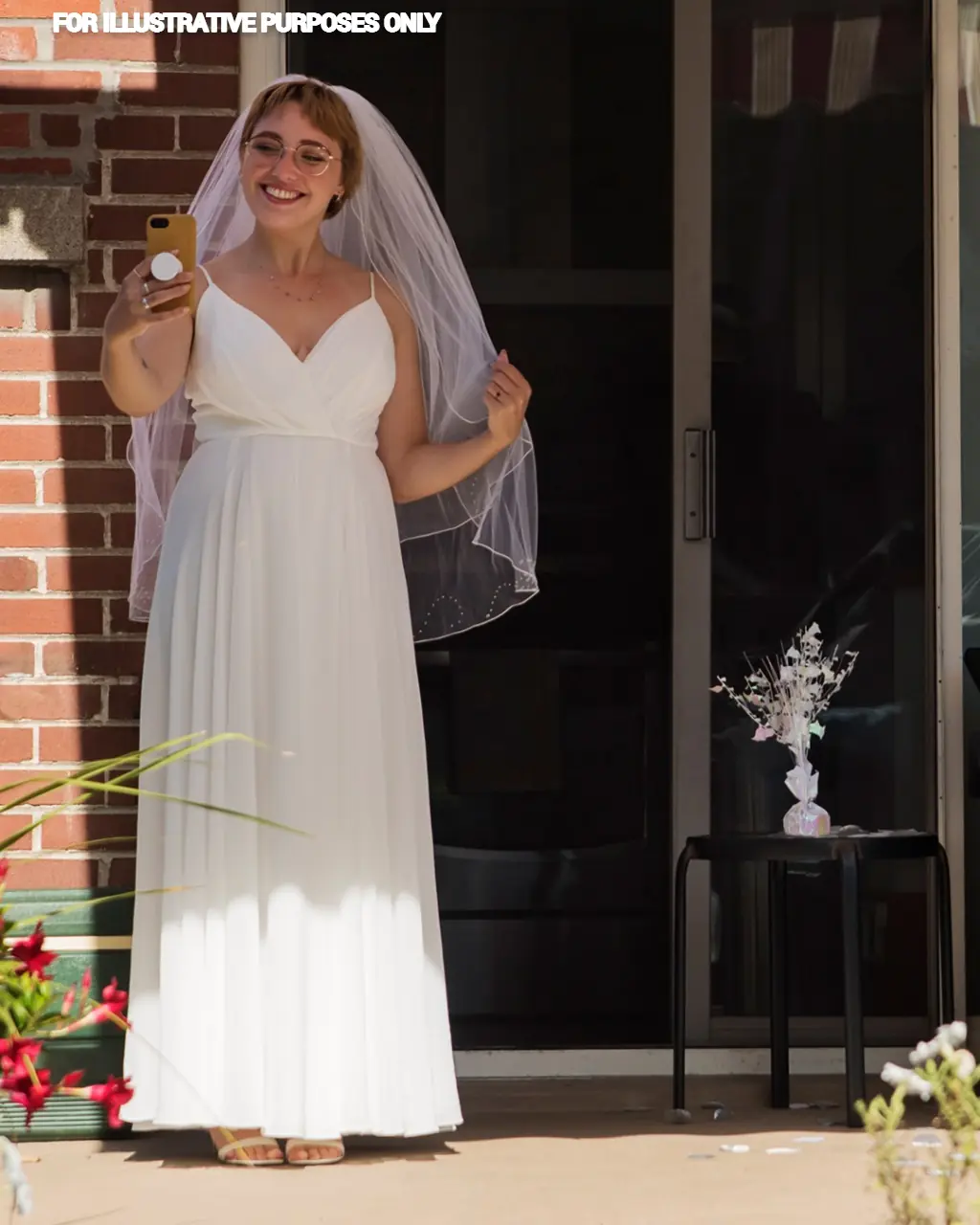
After Marrying, My Wife Became Too Secretive, So One Day I Decided to Follow Her – Story of the Day
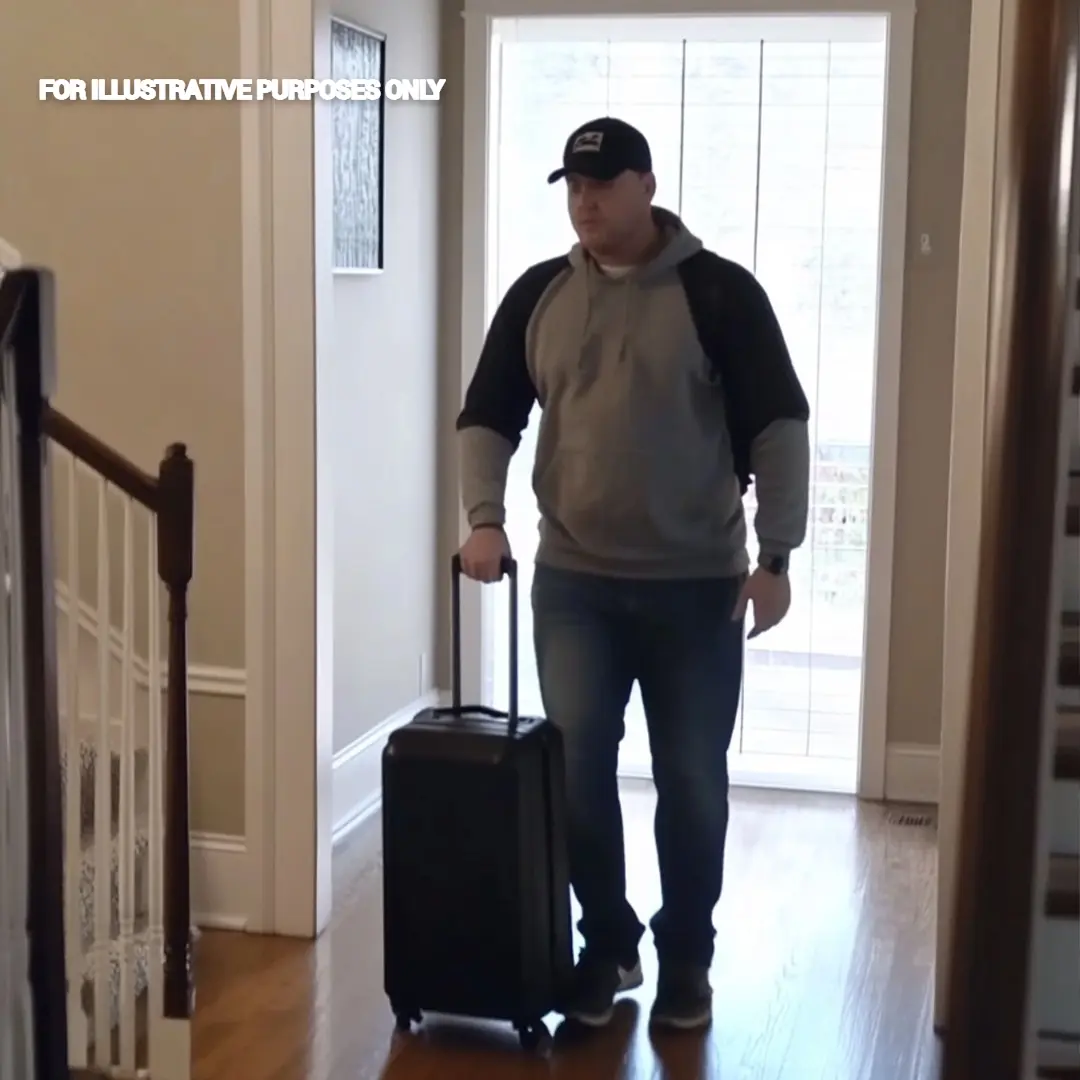
My Husband Went on Vacation with His Lady Boss to 'Secure a Promotion'—So I Sent Him off with a Surprise He'll Never Forget
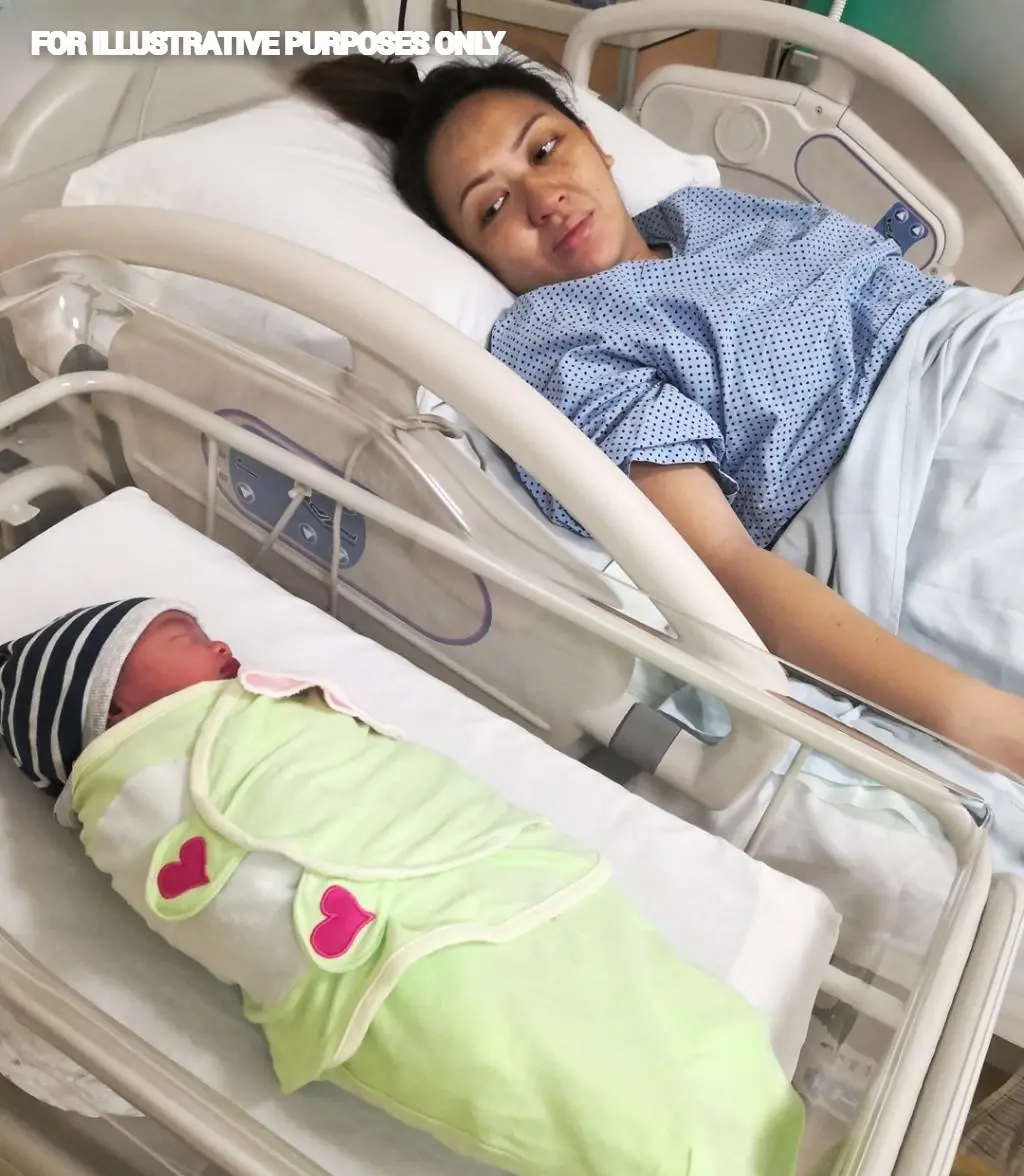
My Sister Named Her Son the Same as Mine! I Didn't Understand Why Until Our Mother's Will Was Read – Story of the Day
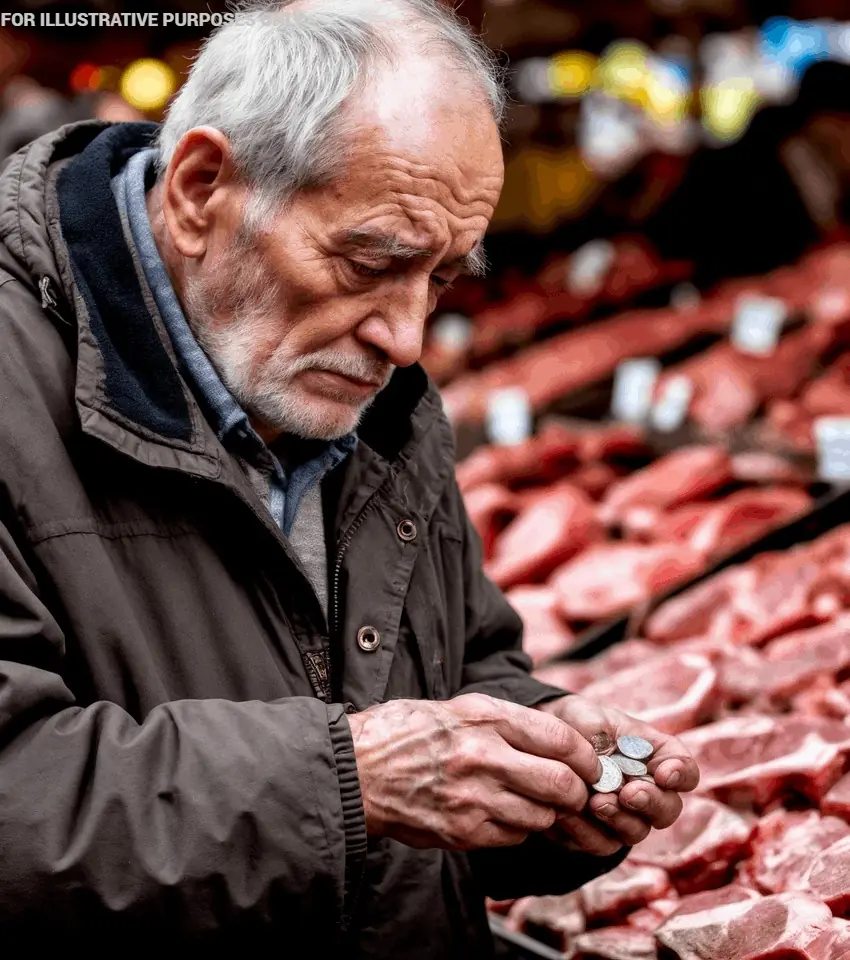
— Move along, old man, this isn’t the place for your pennies.
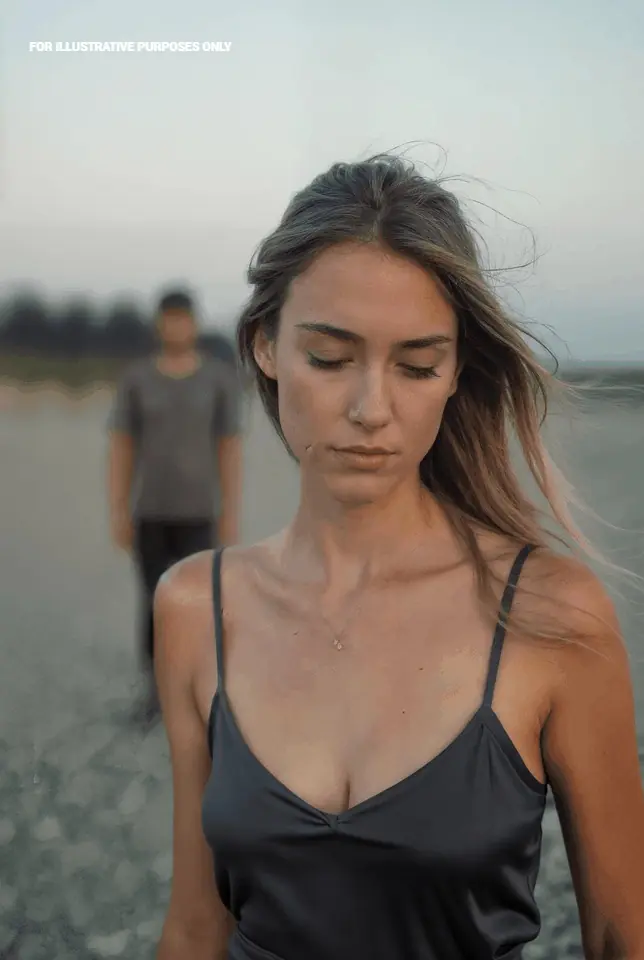
The closer the wedding got, the gloomier Ilya became. Mila couldn’t understand—what had happened to him? Had he changed his mind?
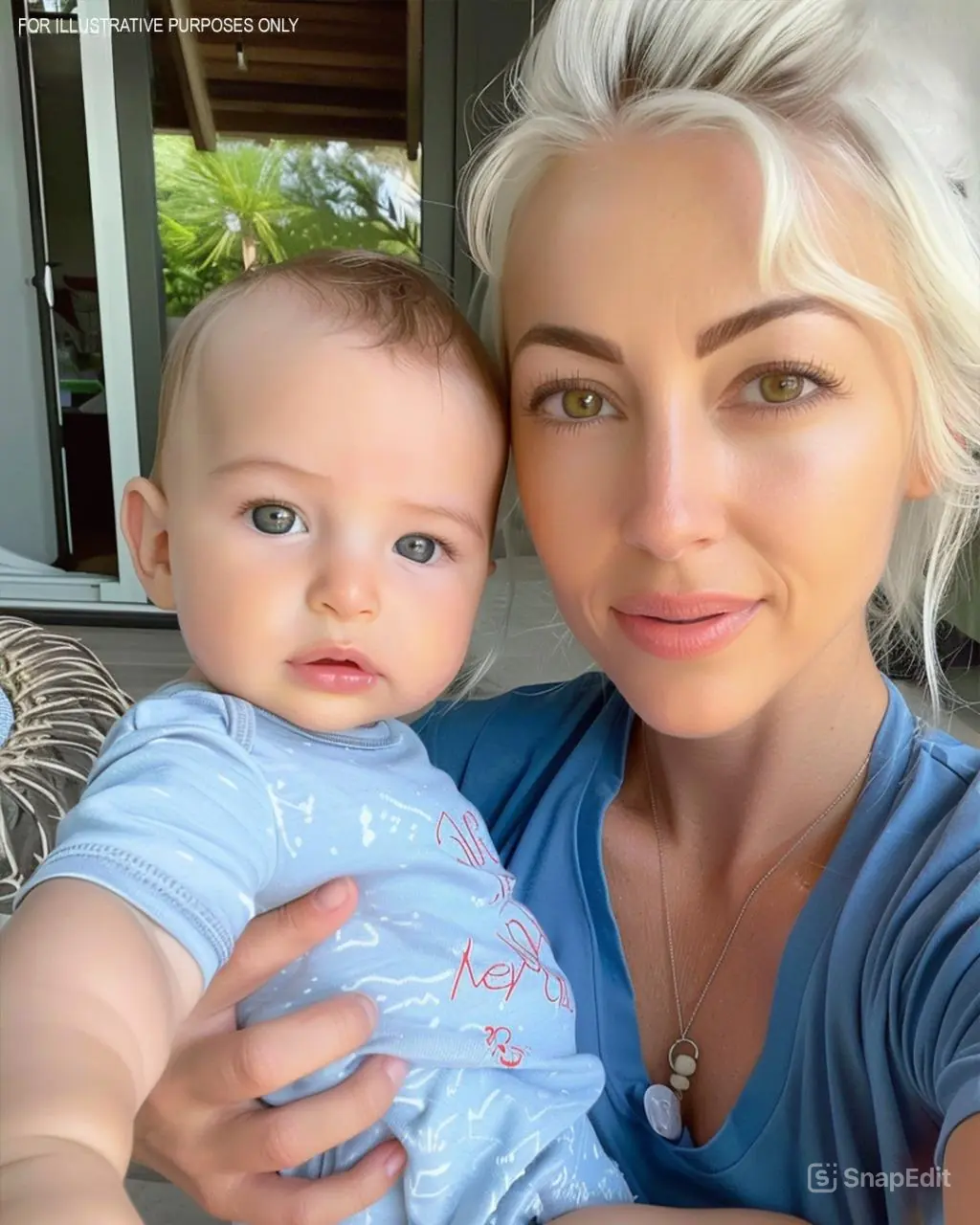
I Lost My Job After Becoming a Mom Because They 'Need Someone Who Won't Get Distracted'
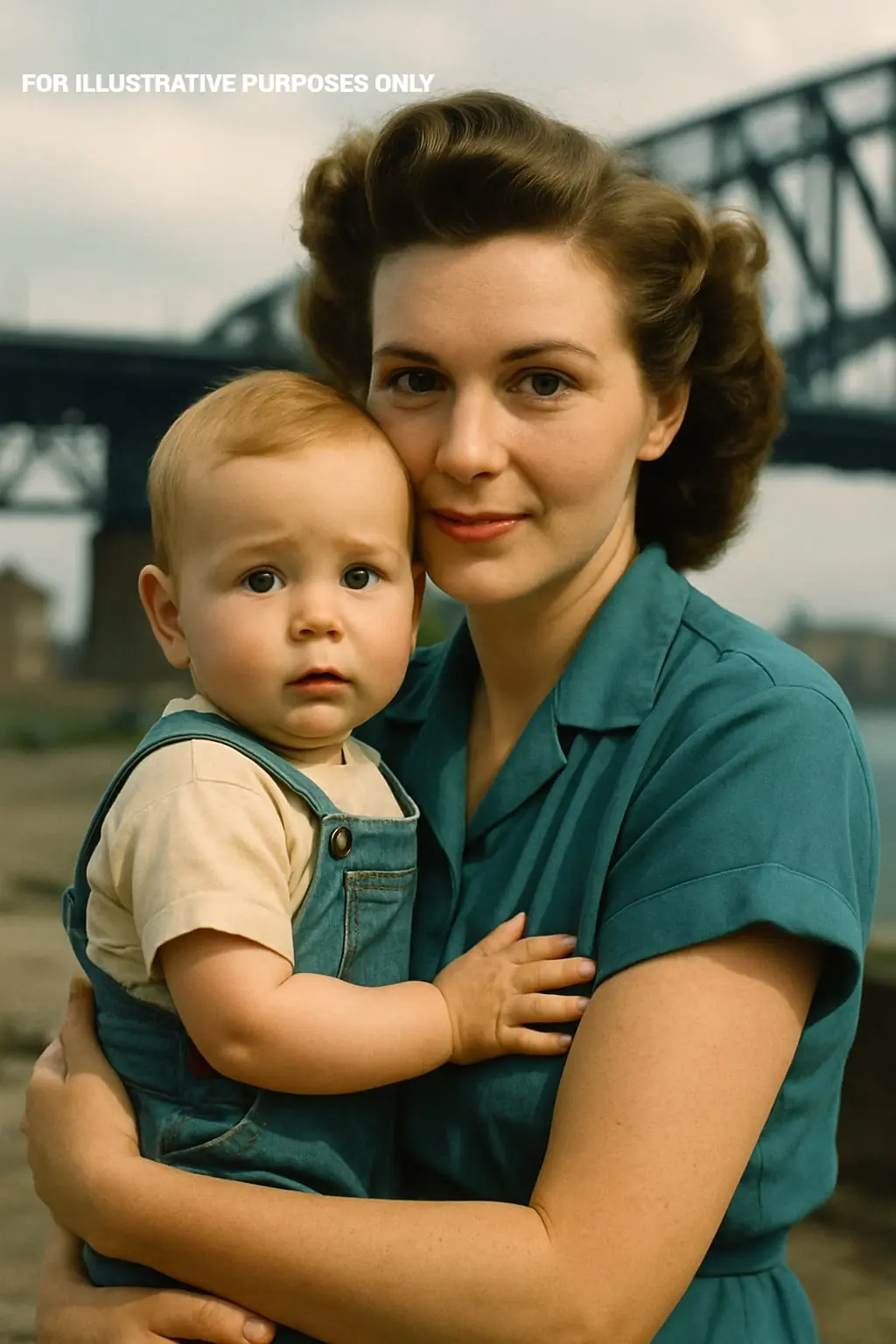
I found a three-year-old blind boy, who was unwanted by anyone, under a bridge, took him in, and raised him as my own.
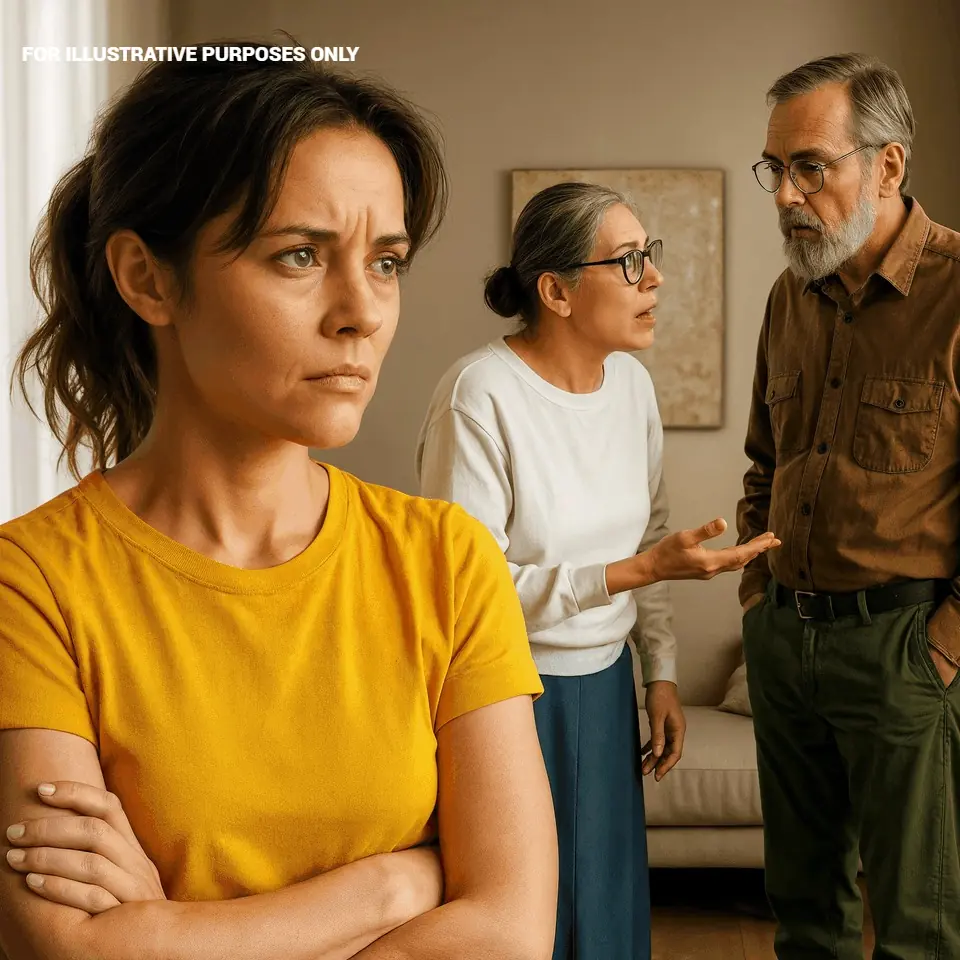
Arriving at the country house for the May holidays, Svetlana entered the hallway and overheard what her husband’s parents were discussing, and three days later, she filed for divorce.

There’s a Woman in a Boat Riddle: Try to Solve the Viral Riddle
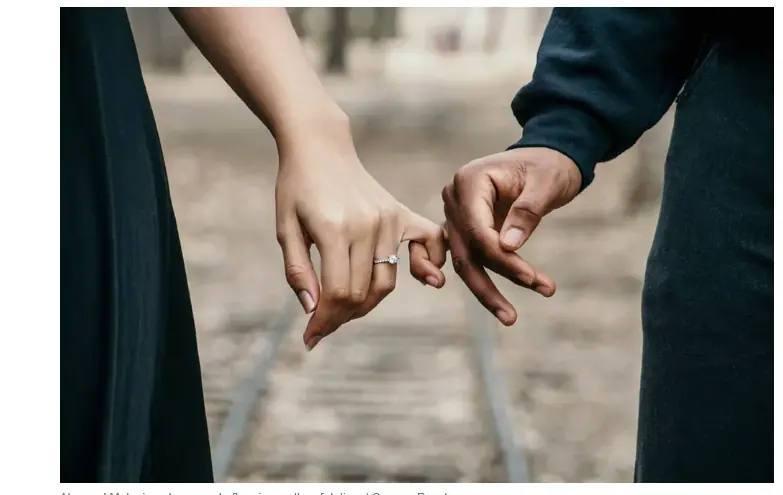
After Wedding Ceremony, Groom Sees 2 Kids in the Crowd and Runs Away with Them – Story of the Day
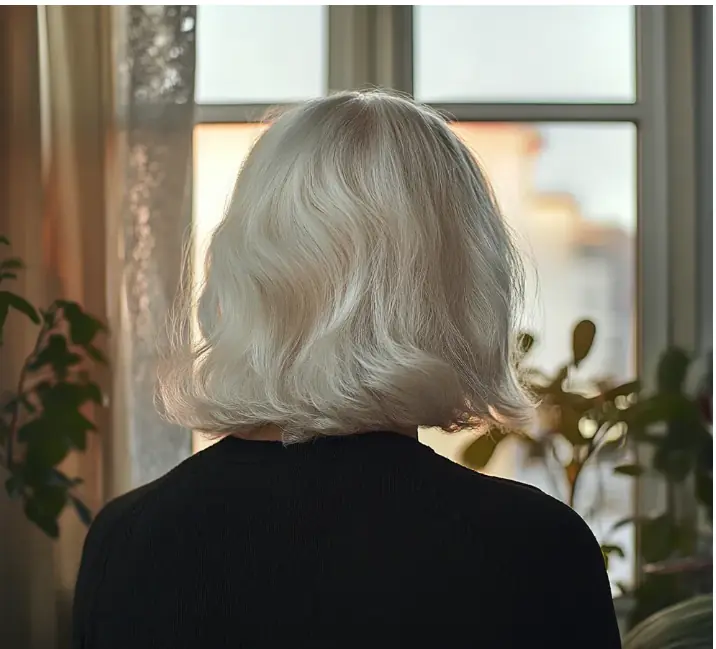
My MIL Secretly Took a DNA Test on My Son — What She Found Out Shook the Whole Family
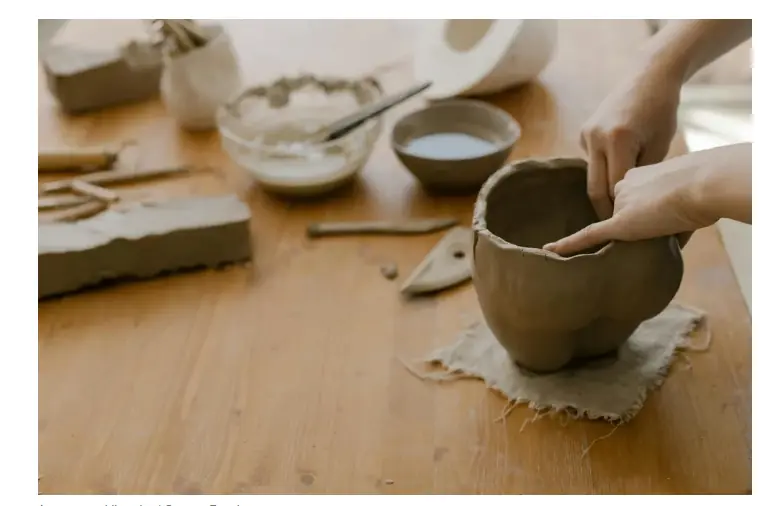
A Woman with a Baby Asked to Borrow My Phone on the Street – 2 Days Later, the Police Showed Up at My Hotel Door
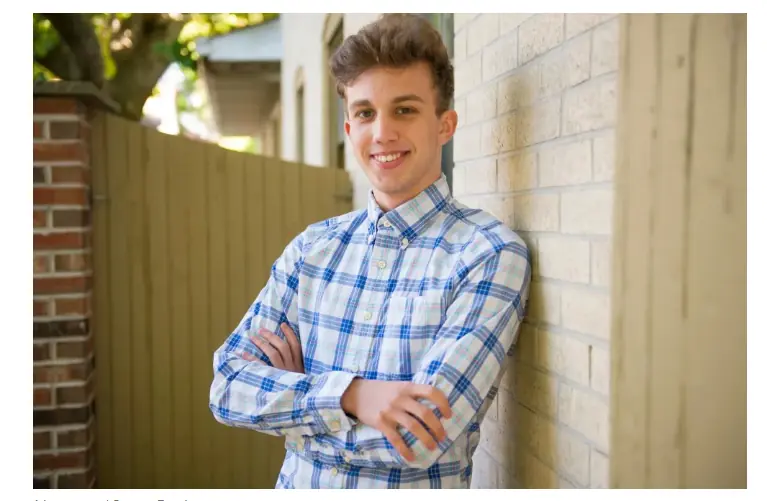
I Found a Forgotten Wedding Gift in the Closet – Inside Was My Husband's Secret

My Stepmom Locked Me in So I'd Miss Her Wedding with My Dad — But She Didn't Count On One Tiny Detail That Changed Everything
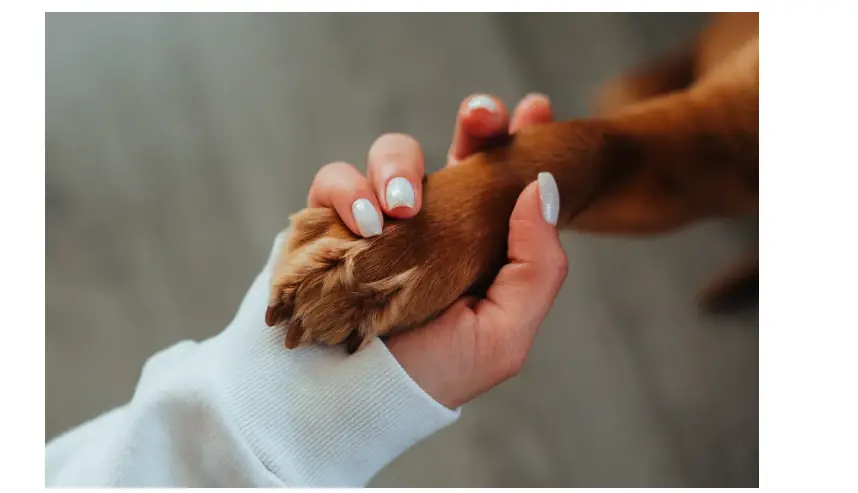
Dog Goes to Closed Store Daily then Leaves, One Evening Poor Boy Notices and Follows It — Story of the Day
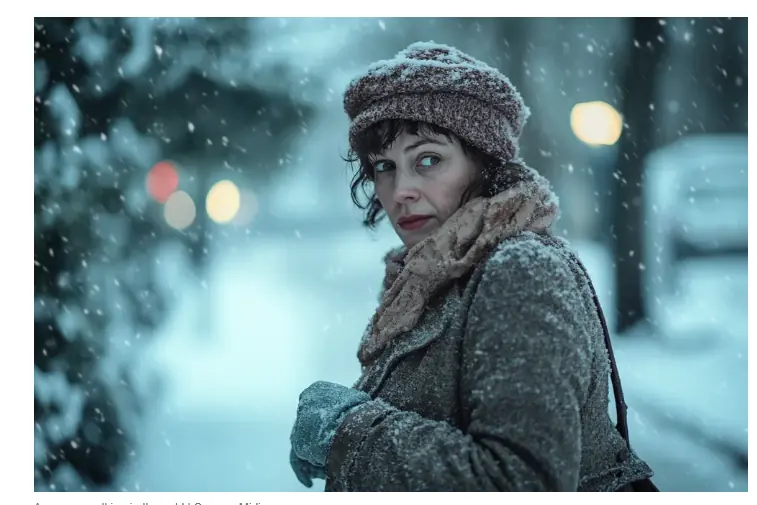
I Found an Elderly Woman on the Roadside on a Snowy Christmas Eve & Took Her Home — Days Later, a Luxury Decorated SUV Pulled up to My Door
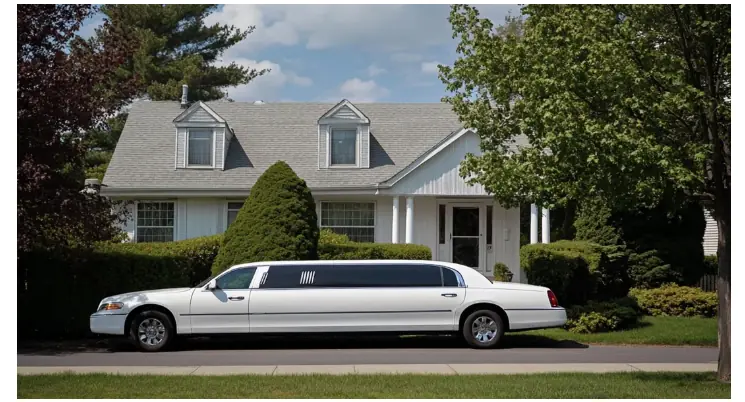
Man Gives Salary to Woman with Child Asking for Money for a Ticket — Next Day, a Large White Limousine Pulls up to His House
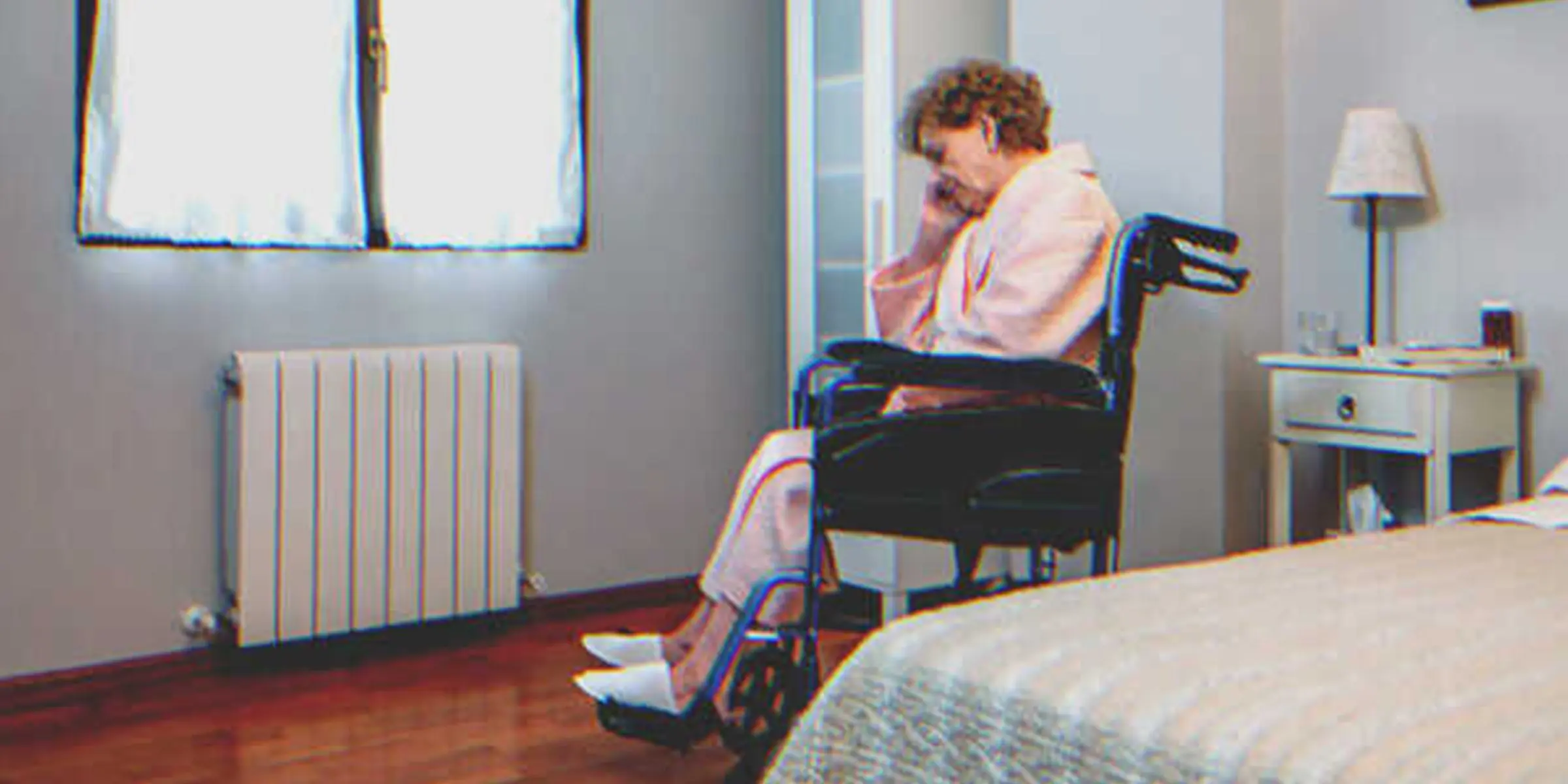
Sons Abandon Old Mom in Nursing Care & Sell Her House, New Owner Returns Her Home Keys Later – Story of the Day
Blinded by greed and love for money, an elderly widow's sons kicked her out of her own house, sold it, and sent her to a nursing home. A few days later, the new homeowner returned her home keys with a heartwarming note that made her hug him and cry.
News Post

The Love of My Life Disappeared without a Word decades Later, Her Funeral Gave Me the Answer — Story of the Day

After Marrying, My Wife Became Too Secretive, So One Day I Decided to Follow Her – Story of the Day

My Husband Went on Vacation with His Lady Boss to 'Secure a Promotion'—So I Sent Him off with a Surprise He'll Never Forget

My Sister Named Her Son the Same as Mine! I Didn't Understand Why Until Our Mother's Will Was Read – Story of the Day

— Move along, old man, this isn’t the place for your pennies.

The closer the wedding got, the gloomier Ilya became. Mila couldn’t understand—what had happened to him? Had he changed his mind?

I Lost My Job After Becoming a Mom Because They 'Need Someone Who Won't Get Distracted'

I found a three-year-old blind boy, who was unwanted by anyone, under a bridge, took him in, and raised him as my own.

Arriving at the country house for the May holidays, Svetlana entered the hallway and overheard what her husband’s parents were discussing, and three days later, she filed for divorce.
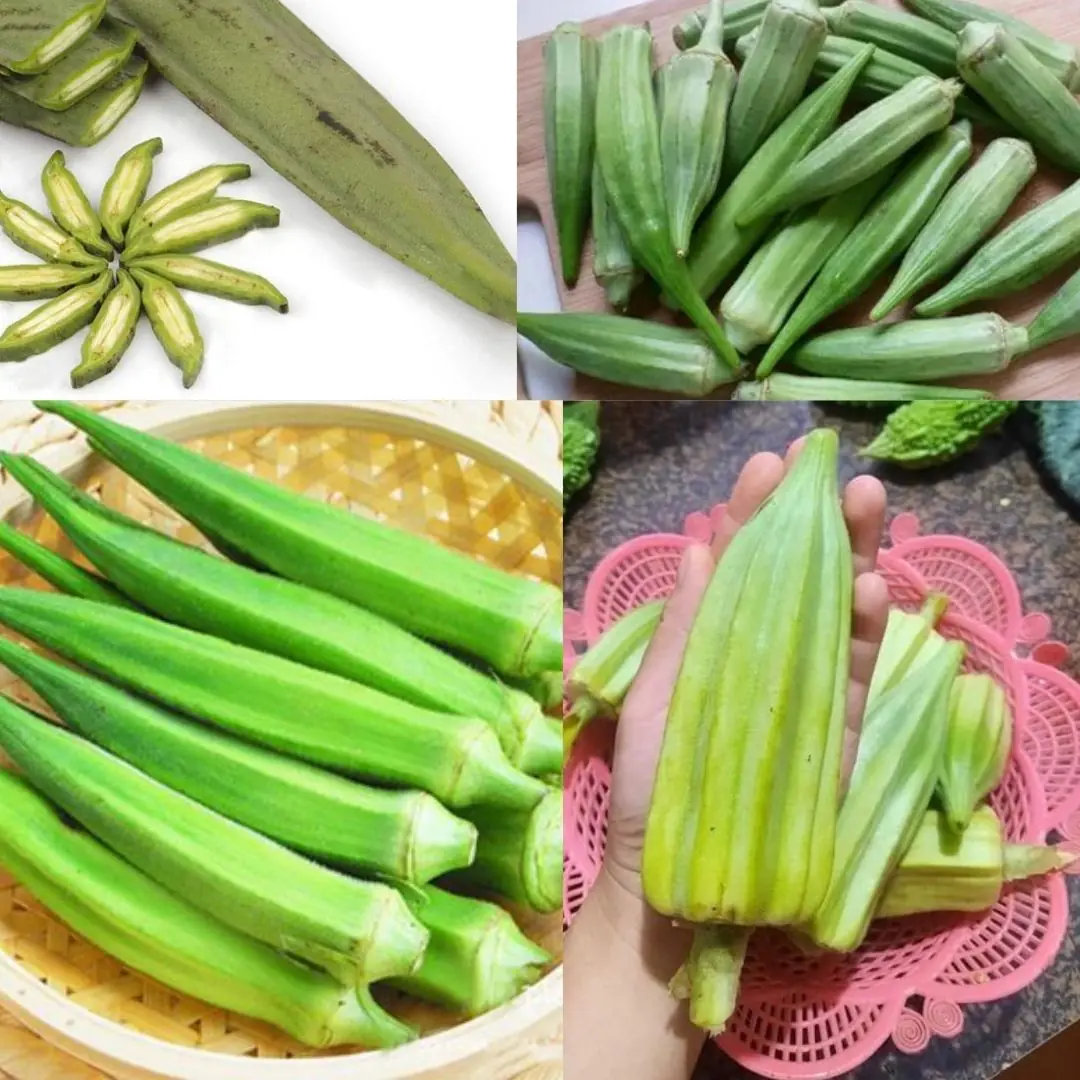
9 Reasons Why You Should Eat Okra Multiple Times a Week
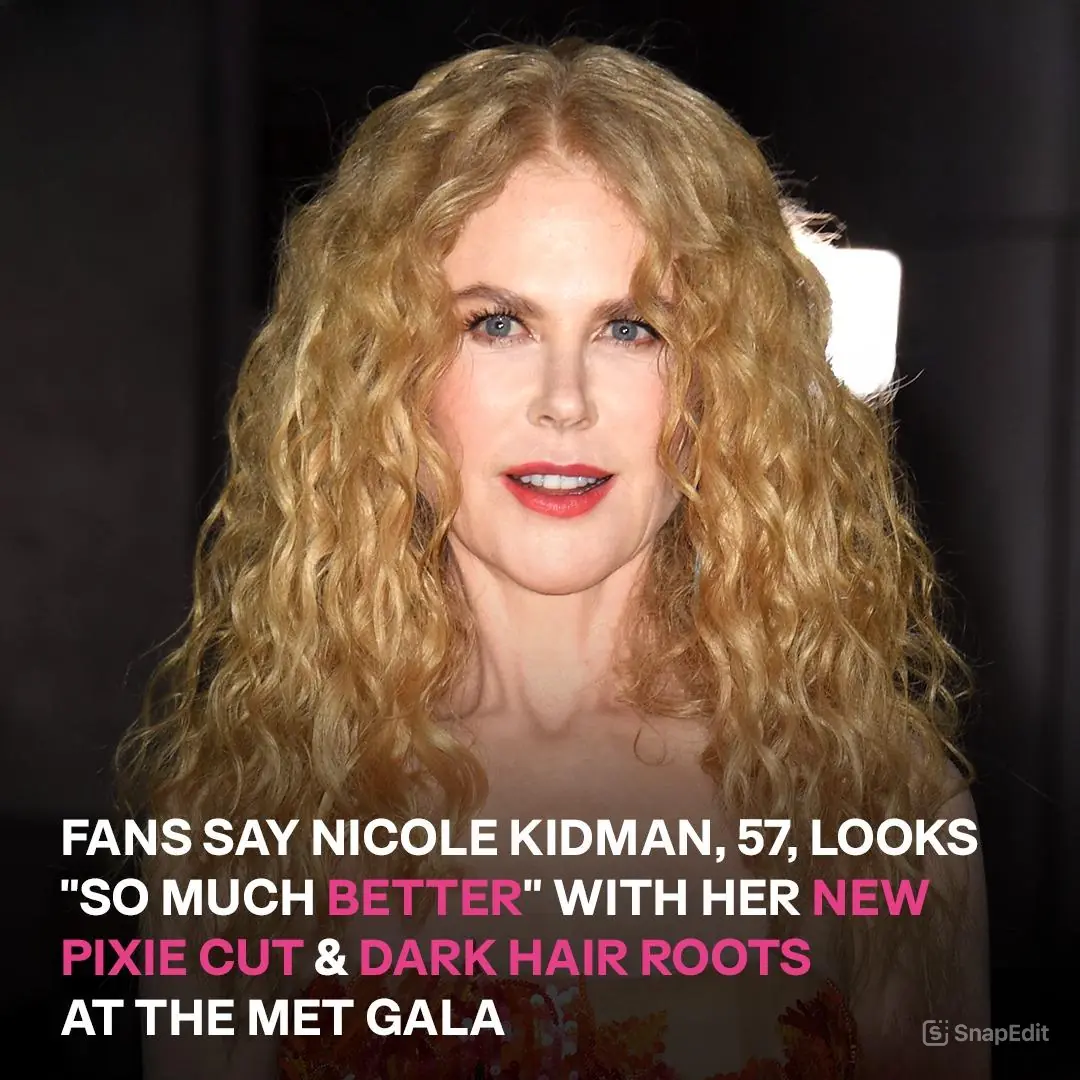
Nicole Kidman, 57, in a Stunning Black Gown, Debuts a Pixie Haircut With Dark Roots at the 2025 Met Gala, Igniting Buzz – Photos

The Miracle Remedy That Has People Abandoning Hospitals: Cures Cancer, Diabetes, High Blood Pressure, and Poor Circulation!

DIY Lemon Ginger Turmeric Power Shots: Boost Your Health Naturally
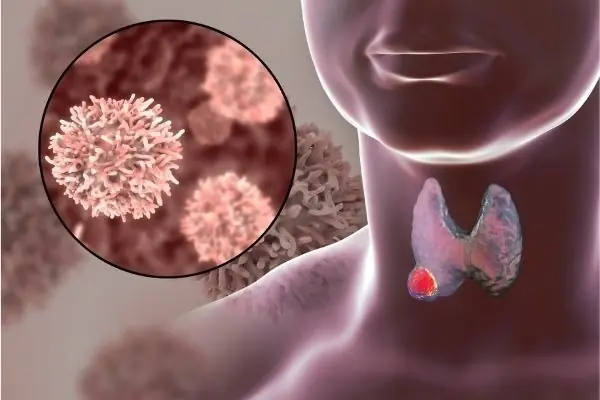
7 Early Warning Signs of Nasopharyngeal Cancer: Even One Symptom Is a Reason to See a Doctor
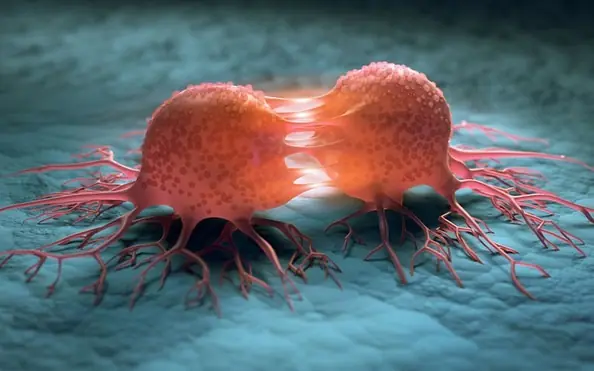
Breakthrough: Scientists Discover How to Revert Cancer Cells Back to Normal

9 Early Signs of Lung Cancer You Should Not Ignore
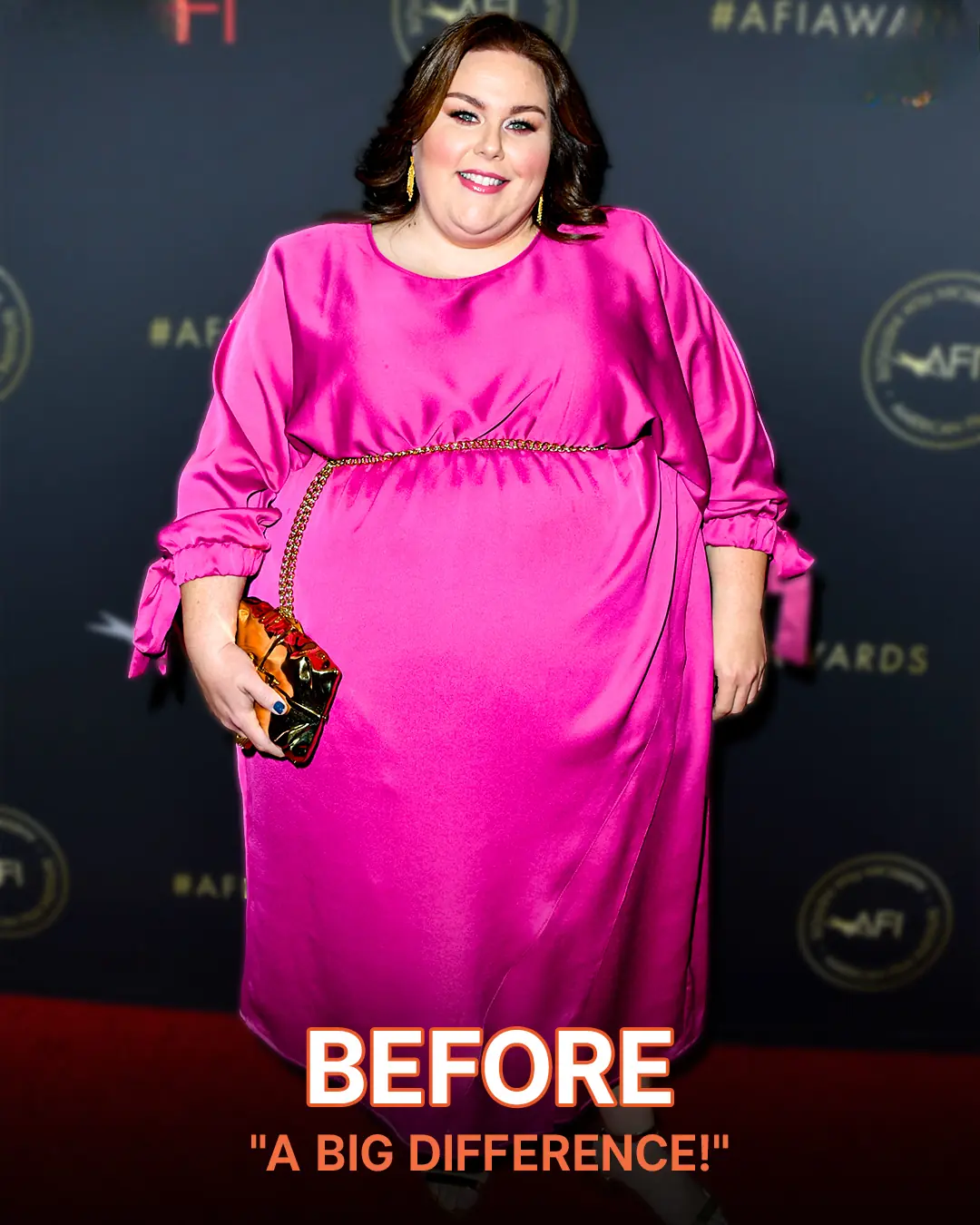
'This Is Us' Star Chrissy Metz Stuns in Multicolored Ruffled Dress at the Variety Power of Women Nashville Event – Photos
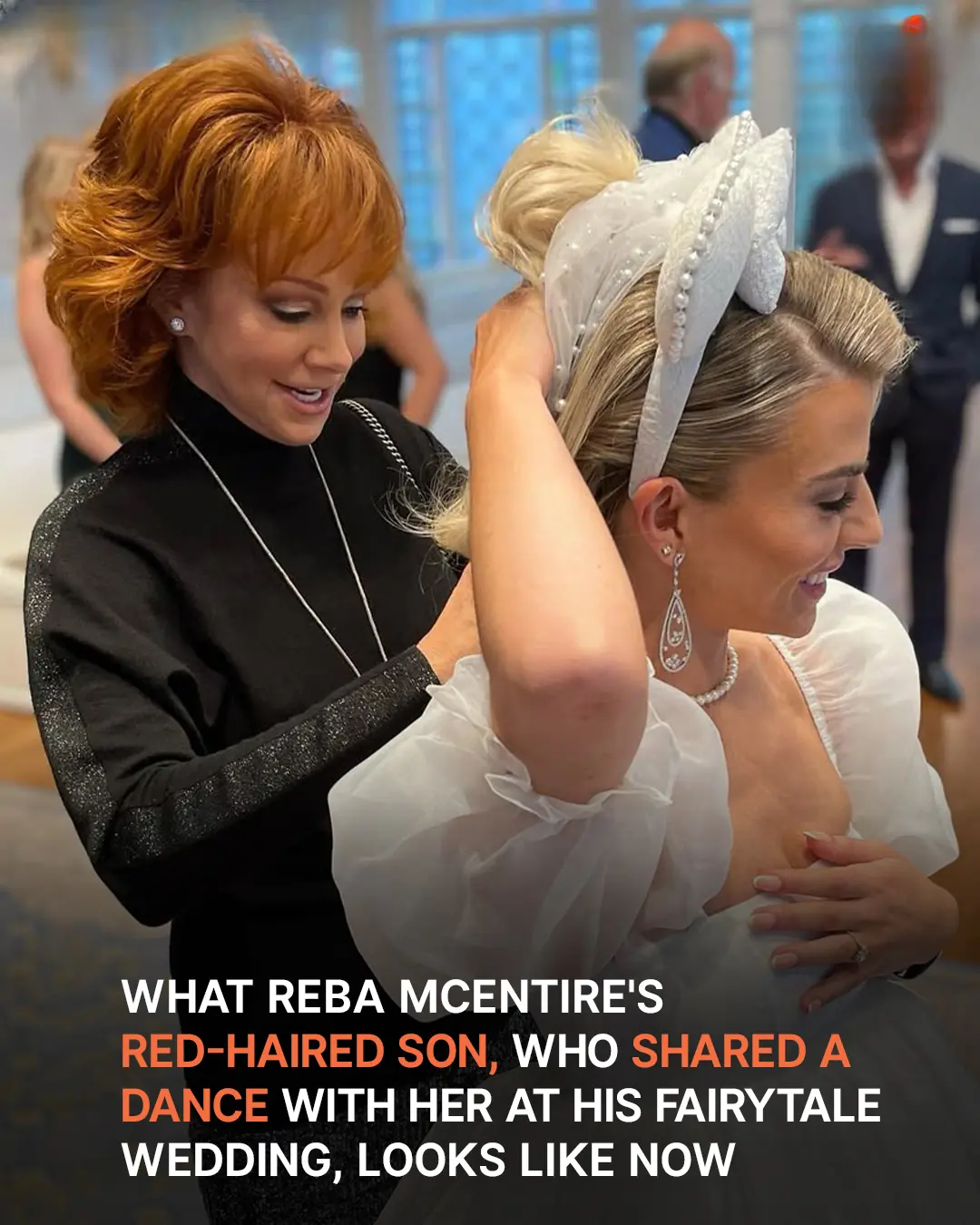
Reba McEntire Is a Proud Mom of One Son – She Shared a Heartwarming Dance with Him at His Fairytale Wedding
